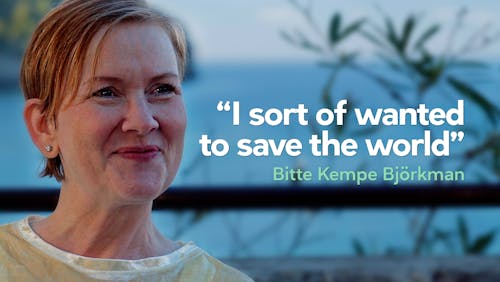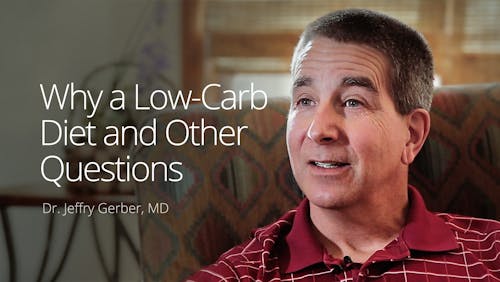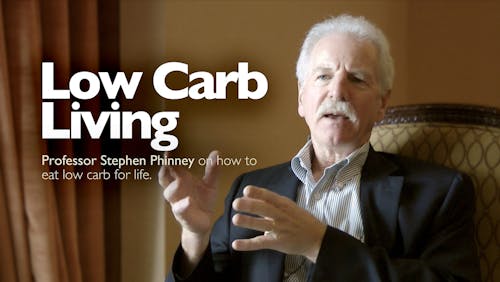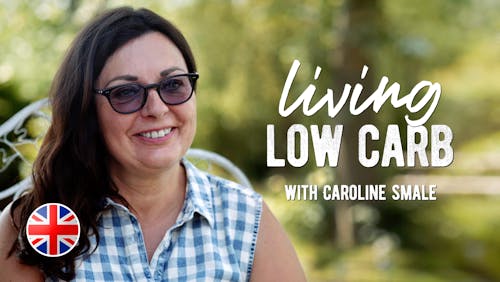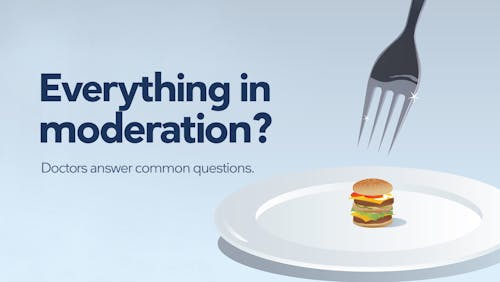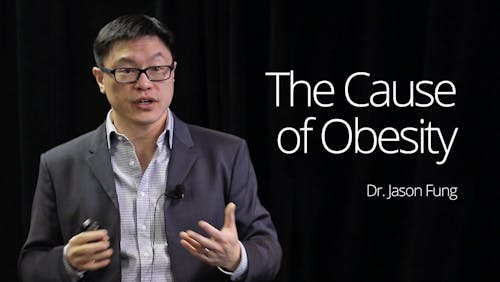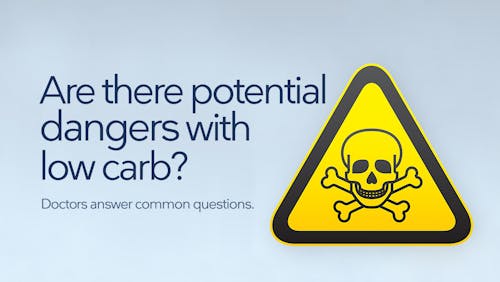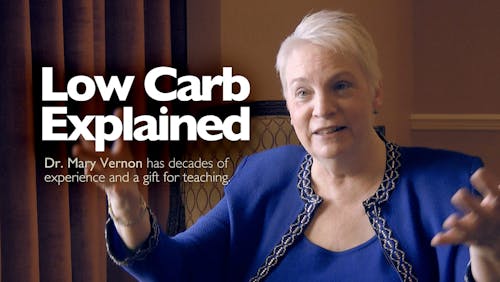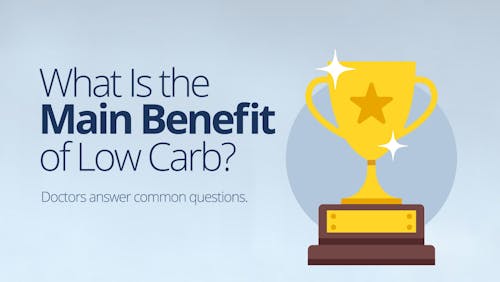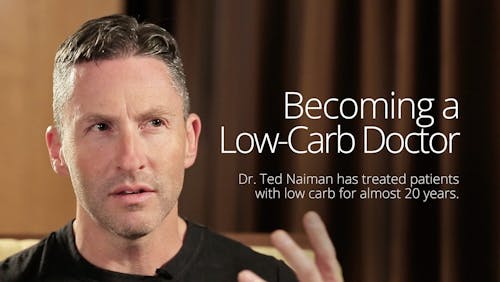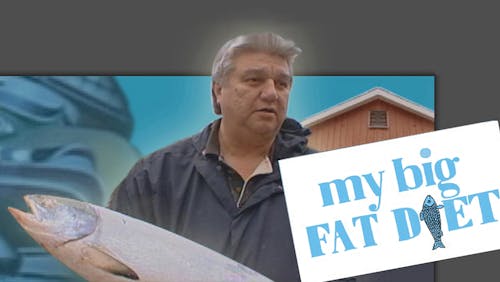Could eating a keto or LCHF diet harm bone health?

Keto diets have been shown to provide a number of health benefits, including helping people lose weight, control blood sugar, and reduce heart disease risk factors. But could following a keto way of eating be bad for your bones? A recently published study seems to hint that it might:
In this trial, 30 world-class race-walkers chose to follow either a high-carb, low-fat diet or a low-carb, high-fat (LCHF) keto diet for 3.5 weeks. Both diets were high in protein and contained enough calories to meet the individualized needs of each athlete. At the end of the study, several markers of bone metabolism were measured.
According to the researchers, the keto diet increased markers of bone breakdown and decreased markers of new bone formation. Once people in the keto group added carbs back to their diet, some of these markers recovered, whereas others remained altered. The authors concluded that keto diets might have detrimental effects on bone health and that further long-term studies are warranted.
This may sound concerning to those of us who follow a keto or LCHF way of eating. However, there are a few things to consider here.
First, what do the changes in these markers mean for bone health in the long term? We really don’t know. Might they have improved on their own after a period of keto-adaptation, which can take months? A study lasting less than 4 weeks simply can’t predict what might happen months or years later. We’d need DEXA scans and other information to assess whether there was any connection between eating low carb and bone loss or other problems.
Secondly, this was a study of elite athletes, so responses may differ among those of us who fall outside of that group.
Finally, the authors’ recommendation for further studies on the long-term effects of low-carb diets on bone health seem to make sense. Yet there are already several longer high-quality trials with DEXA scans and other data that show no detrimental effects of ketogenic diets on bones.
At Diet Doctor, we take all of the evidence into consideration rather than relying on the most recent study making headlines. So since we have significantly more reliable data to the contrary, a 3.5-week study like this isn’t enough to sway our position.
Earlier
New JAMA article discusses benefits of keto diet but warns it may be risky long term
